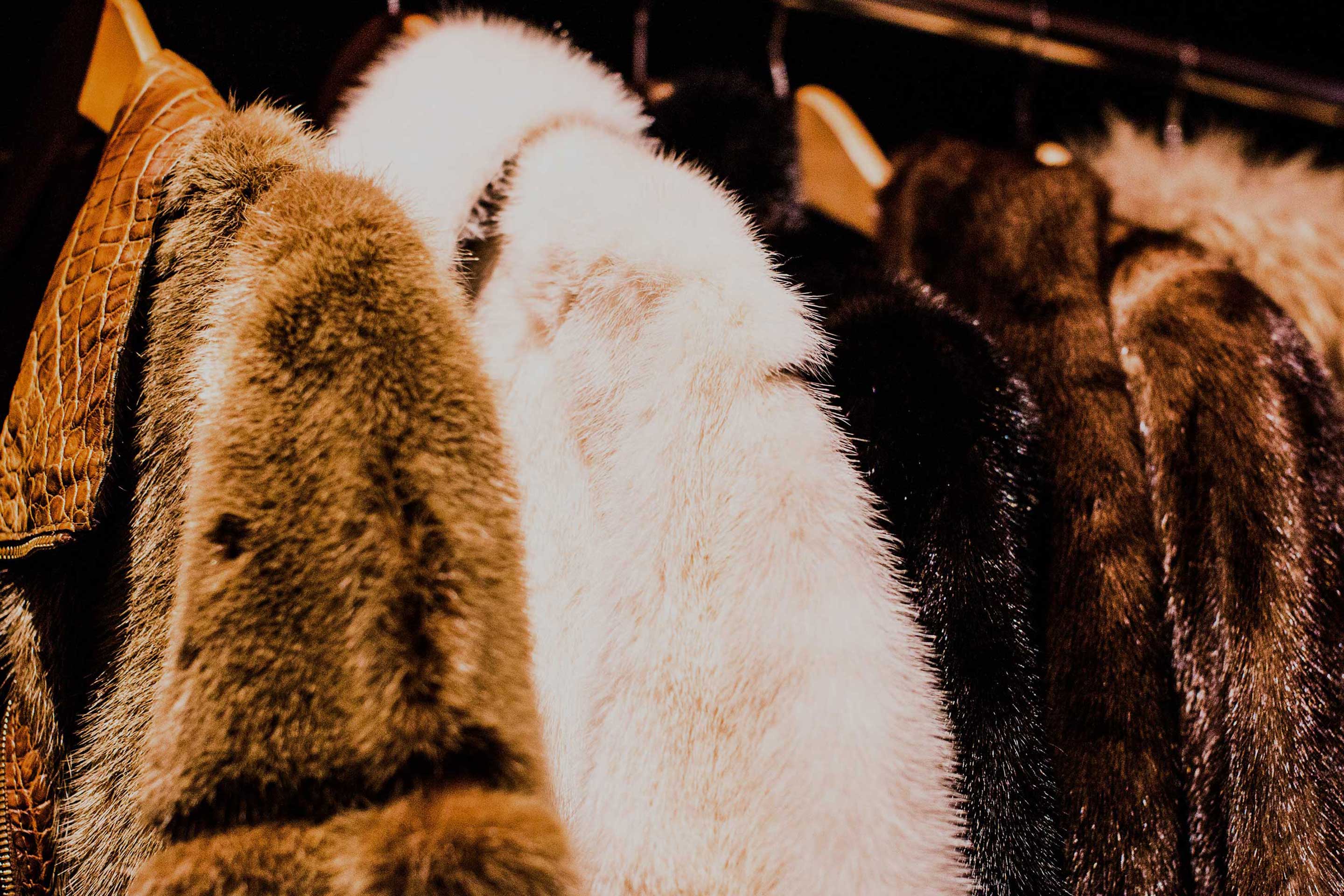How many of us ever stop to wonder where the faux fur that gets us through winter or the chocolate treats that get us through Tuesday come from? The answer is actually more of us than we think.
Hard questions regarding provenance and production are becoming popular questions that people are asking when buying any product and especially branded ones. Historically brands at the luxury end used to almost sell themselves based on the customer loyalty based on the quality of their materials, their attention to aesthetics and the skilled craftsmanship that went into their manufacture.
In recent times though a rise in the want and need for products of all types to be more sustainable and eco-friendly is dramatically increasing. An acceleration of the trend ‘sustainable luxury’ or even ‘guilt-free luxury’ is now placing eco-credentials as a driver of demand not just a nice-to-have. The UK luxury goods sector continues to grow, outpacing the UK economy over the last decade with a marked outperformance through recession and according to Walpole the UK luxury market is worth £32.2 billion to the UK economy, accounting for 2.2% of GDP.
As purchasing principles change, customers will want to know that their buying power and expenditure will do the least harm, and with this more principled trend established, brands will need to exemplify their future thinking credentials at all times. An example of principle-led behavioural change can be seen in the number of vegans in Britain alone having risen by more than 360% over the past decade forming one of Britain’s “fastest growing lifestyle movements”. (telegraph.co.uk)
Burberry has recently been named the leading luxury brand in the 2018 Dow Jones Sustainability Index, which tracks the performance of companies in terms of economic, environmental and social criteria. The British heritage label is included in the index’s ‘Textiles, Apparel & Luxury Goods’ sector for the fourth year running and this is due in many ways to the instigation of a series of eco-friendly initiatives, including the recent pledge to stop destroying unsold clothes to preserve its exclusive image and avoid counterfeits (theguardian). Other eco-friendly initiatives include them phasing out products made from real fur and sharing impressive statistics that show the label obtains 48 per cent of its energy from renewable sources which represents an increase of 24 per cent from the previous year. Image Source: unsplash.com
Other brands looking to adapt to reflect the principles and experiences of their consumers includes Adidas announcing the launch of the world’s first Stan Smith trainers (very popular with our MD) made only of vegan and cruelty-free leather, a trend we expect to quickly grow in 2019.
